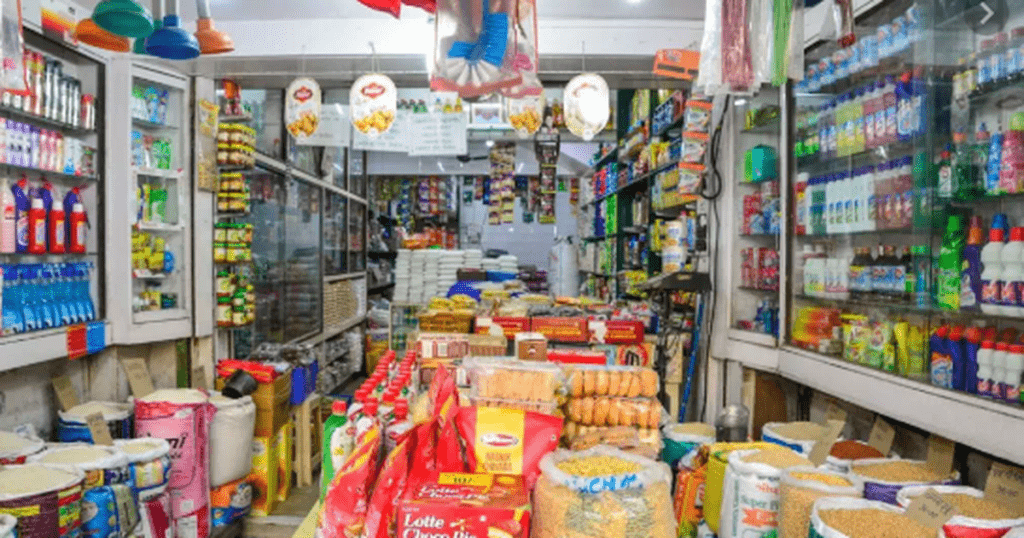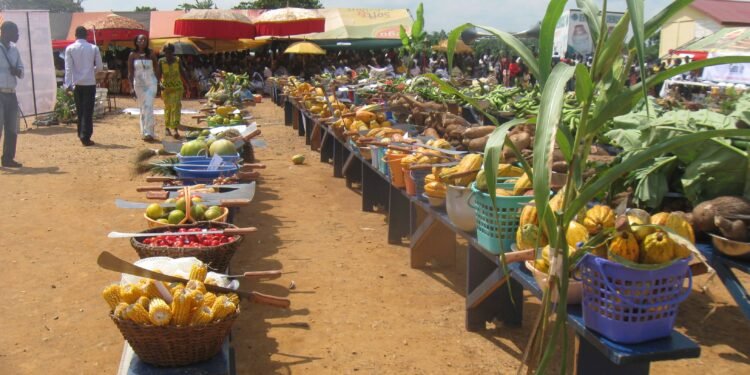If you thought gray areas were only found in rules and regulations, think again — gray goods have infiltrated retailing.
Entrepreneurs, known as “clandestine traders,” are taking advantage of currency differences to smuggle various goods across porous West African borders. They are moving items ranging from detergent to noodles.
A recent study by Maverick Research, analyzing the origins of major Fast Moving Consumer Goods (FMCG) brands, reveals a notable increase in the smuggling of popular Nigerian brands into Ghana and Cameroon. This surge involves the distribution of gray market products.
Gray goods refer to legitimate branded products that are distributed through unauthorized channels or outside of the manufacturer’s authorized distribution network.
These goods are genuine and not counterfeit, but they are typically sold through unauthorized resellers or distributors.
The term “gray” refers to the fact that these goods exist in a sort of legal middle ground — they are not fake or counterfeit, but they are also not part of the official supply chain approved by the manufacturer.
Gray goods can create issues for both manufacturers and consumers. Manufacturers may lose control over pricing, distribution, and customer service when their products are sold through unauthorized channels.
Imagine buying a popular brand of detergent from a store shelf in Lagos and then reselling it for a tidy profit in Accra. This scenario is not a work of fiction but a reality driven by unauthorized importers who are taking advantage of several factors.
Firstly, the fluctuating value of currencies like the Naira against neighboring currencies such as the Ghanaian Cedi plays a crucial role. The weakness of the Naira makes Nigerian goods significantly cheaper when sold across the border, enticing buyers in countries with stronger currencies.
Secondly, the porous borders in West Africa contribute to the ease of smuggling. With lax border controls and allegations of corruption, goods can be moved across borders without proper customs checks or regulatory oversight, paving the way for what’s known as “grey market” goods.
Lastly, the strong brand recognition of popular products in both Nigerian and neighboring markets fuels demand for these goods.
Consumers often prefer well-known brands and are willing to purchase them through unauthorized channels to save money, creating a thriving market for these grey goods.

Challenges and Solutions in Cross-Border Retail
Nigeria’s prohibition on importing finished soaps and detergents has compelled local manufacturers to depend on exports to nearby countries within the ECOWAS Trade Liberalization Scheme (ETLS). This initiative enables them to acquire the necessary foreign exchange (USD) required for purchasing raw materials.
However, the surge in smuggled detergents undermines this approach (this is real unbranded data). Consider a brand we Y (to avoid mentioning the actual brand name), a soap maker with operations in both Nigeria and Ghana.
Due to the currency gap, a single carton of Y soap is much cheaper in Nigeria (USD $3) compared to Ghana (USD $12). This pricing gap encourages smuggling, which undermines Y’s official distributors in Ghana and diminishes their profit margins.
Businesses are racing to tackle the rise of grey market goods. Some are concentrating on high-margin items not manufactured in Nigeria, while others are launching promotions with unique packaging for their Ghana-produced goods to encourage local sales. However, industry experts recognize that these are short-term fixes.
Kwame Oduro-Koranteng, Regional Product Development Manager (West & Central Africa) at First Africa Brands, elaborates on a strategy they have put into action.
“To manage this within our company, our Nigerian subsidiary gives us a rebate based on internal metrics to offset the price difference. Additionally, differentiated packaging and pack sizes for Nigeria versus Ghana or other intended markets have been a huge tool for us to identify grey products. We can then work with traders and law enforcement to mitigate the situation. Ultimately, stabilizing the Naira will eliminate this issue.”
Kwame Oduro-Koranteng
According to Ato Micah, Chief Executive of Maverick Research, addressing the issue of parallel imports in West Africa is a complex challenge that demands a comprehensive approach.
This approach should involve government action, collaboration within the industry, and strategic adjustments by manufacturers and distributors.
Micah believes that until the currency disparity is resolved and border controls are strengthened, the flow of cheap, smuggled goods will likely continue in the region.
READ ALSO: Ghana’s Commitment to Maritime Security Highlighted at NILSA























